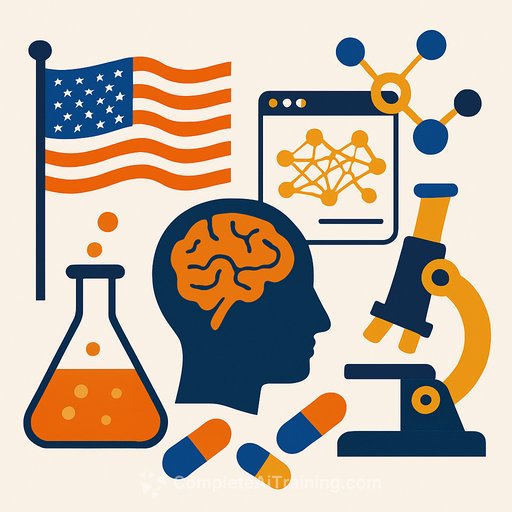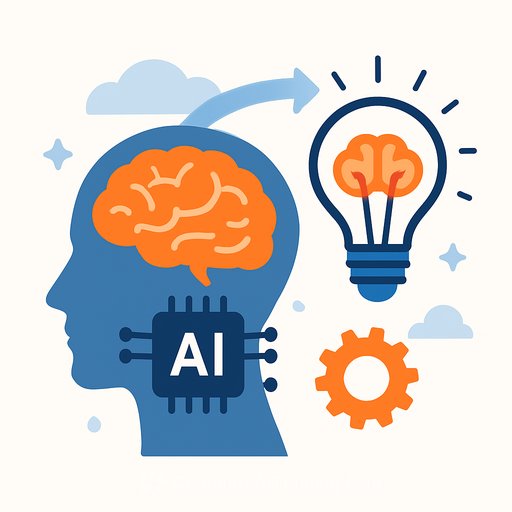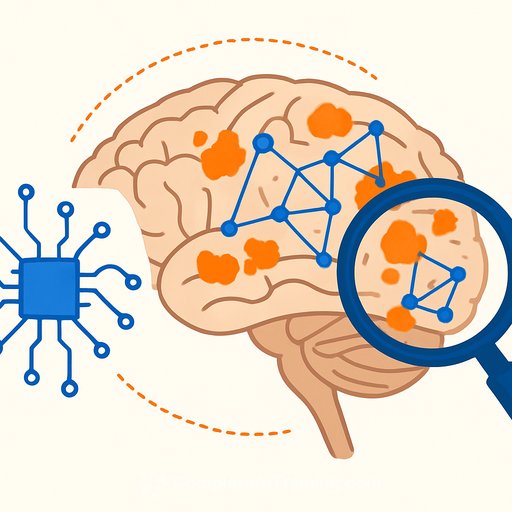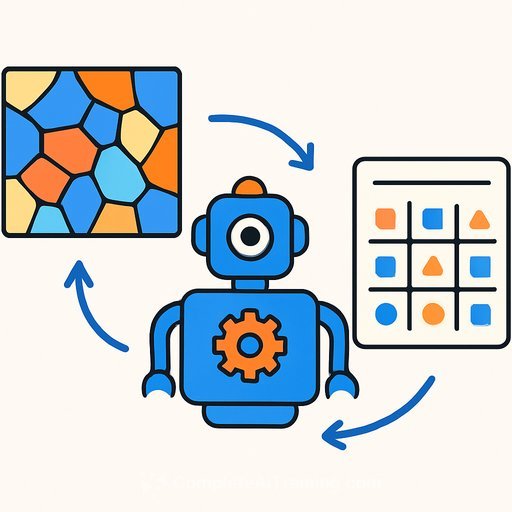America’s AI Action Plan: What It Means for Biopharmaceutical Innovation
Artificial intelligence (AI) is changing how new drugs are discovered and developed. Tools that predict protein structures or optimize clinical trials process biomedical data at speeds and scales that were unimaginable just ten years ago. However, the White House’s “America’s AI Action Plan” points out that unlocking AI’s full potential in drug development requires upgrading scientific methods and the infrastructure that supports them.
Building Modern Lab Infrastructure
The plan emphasizes investing in AI-enabled science because even the best AI models depend on efficient scientific workflows. In biopharma, AI can suggest promising drug candidates, but lab experimentation remains a bottleneck—often slow, manual, and costly. Automated, cloud-connected laboratories proposed in the plan could transform this. For instance, AI-driven high-throughput screening can significantly speed up drug testing while improving accuracy and reducing costs.
Supporting Focused Research Organizations (FROs)
The plan highlights the value of Focused Research Organizations—non-profits tackling large, complex scientific challenges that exceed the capacity of individual labs or companies. Past examples include the Human Genome Project and the Large Hadron Collider. In biopharma, FROs can address pre-competitive challenges too big for any single entity. One active project, supported by Convergent Research, aims to map the pharmome by identifying all unintended targets of approved small-molecule drugs. This work can improve drug safety, create repurposing opportunities, and provide better training data for AI models.
Strengthening Data Infrastructure
Building high-quality scientific datasets is another core priority, with an emphasis on preserving privacy. Quality data is a national strategic asset, and the plan encourages incentives for data sharing and the creation of secure environments for sensitive federal data. Privacy-enhancing technologies (PETs) like differential privacy, federated learning, and homomorphic encryption enable large-scale data analysis without exposing personal or proprietary information.
These technologies are crucial for AI-driven drug discovery, where pooling genomic, clinical, and pharmaceutical data is often hindered by legal and institutional barriers. Public-private partnerships offer a practical framework for applying PETs. For example, the Innovative Health Initiative’s MELLODDY project used federated learning to allow ten pharmaceutical firms to collaboratively train AI models while keeping their data confidential.
In biopharma, data quality, diversity, and accessibility directly affect AI’s predictive power—whether for protein structure modeling, drug–target interaction simulations, or identifying patient subgroups. Resources like the Protein Data Bank have been essential for AI-driven advances such as AlphaFold. Expanding datasets to include diverse data types like imaging and electronic health records (EHRs) could unlock new therapeutic possibilities.
Takeaways
- AI can speed up drug discovery and development but needs supporting infrastructure, datasets, and organizational models to deliver on its promise.
- Funding automated, cloud-based labs, supporting FROs, and building comprehensive datasets are key steps in shortening drug development timelines.
- Continued public investment in basic science is critical. Many major biomedical breakthroughs have originated from federally funded research without immediate commercial returns.
- Agencies like the National Science Foundation and National Institutes of Health play a vital role in advancing foundational AI applications and ensuring tools meet public health needs.
- Without sustained funding, the U.S. risks falling behind countries investing heavily in fundamental AI and biomedical research.
The AI Action Plan outlines a clear path for integrating AI into biopharmaceutical innovation, but the success of this effort depends on strategic investments in labs, data, and collaborative research structures. For those interested in deepening their knowledge of AI applications in science and research, exploring specialized AI training can be a valuable step. Visit Complete AI Training for courses focused on AI in scientific fields.
Your membership also unlocks:





